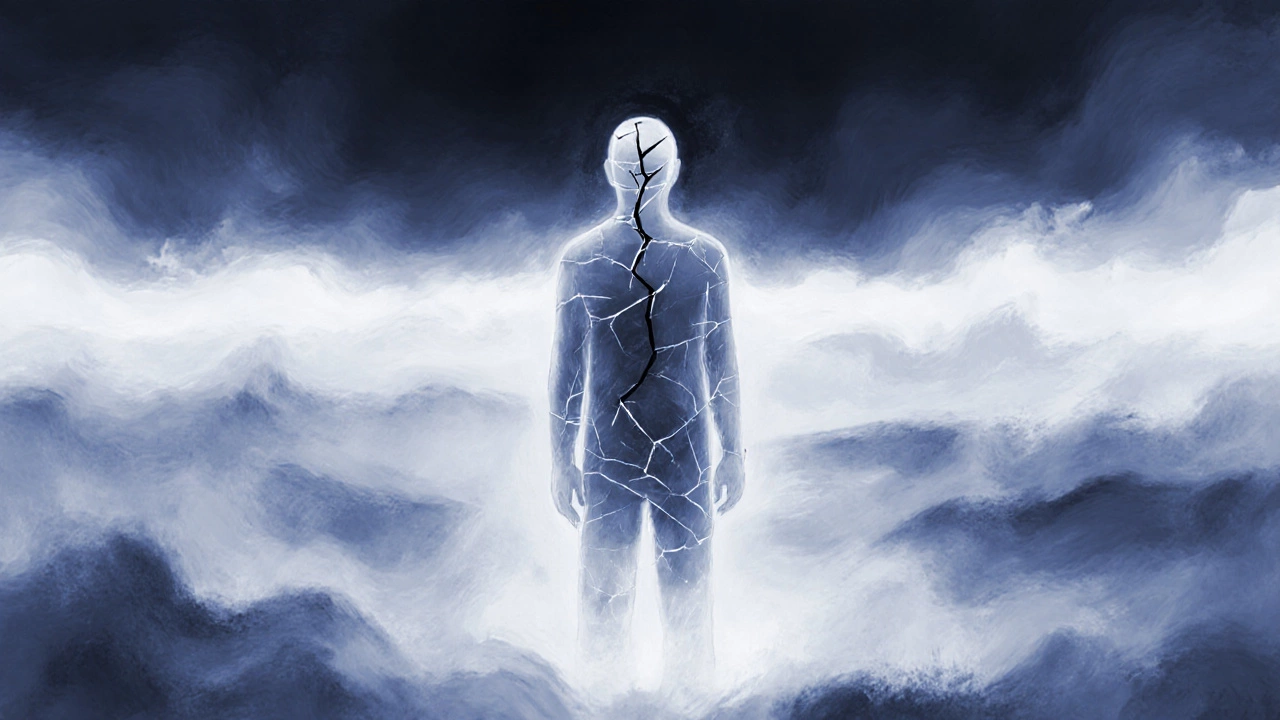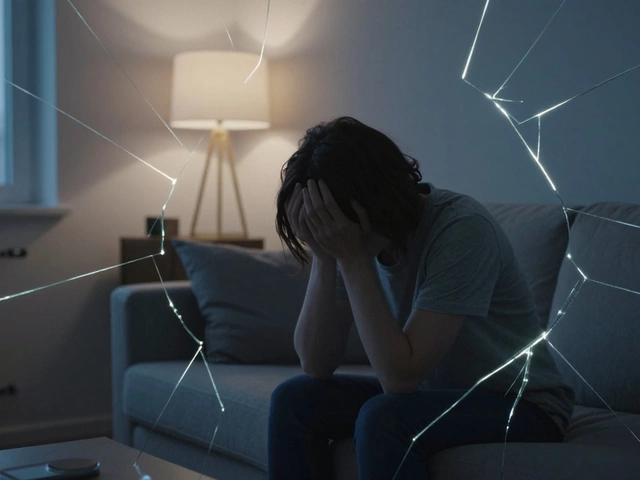Severe Mental Disorder: Causes, Symptoms, and Care
When talking about severe mental disorder, a group of mental illnesses that drastically disrupt daily life and often need intensive, long‑term care. Also known as serious psychiatric condition, it includes conditions such as Schizophrenia, a chronic psychotic disorder with hallucinations, delusions, and disorganized thought patterns, Bipolar Disorder, a mood disorder characterized by extreme highs (mania) and lows (depression), and Major Depressive Disorder, a persistent feeling of sadness, loss of interest, and impaired function. These illnesses share a core challenge: they interfere with thinking, feeling, and behavior to the point where basic tasks become overwhelming. In India, recent health surveys show that up to 1 in 10 adults will experience a severe mental disorder at some stage, making early recognition essential. Severe mental disorder therefore isn’t just a label; it signals a need for coordinated medical, social, and therapeutic support.
Key Concepts and Treatment Pathways
Effective management of a severe mental disorder requires a blend of psychiatric medication, psychotherapy, and community resources. The first step, accurate diagnosis, hinges on comprehensive mental health assessment, often involving a psychiatrist, a psychologist, and sometimes a neurologist. Early diagnosis influences treatment outcomes—a clear semantic triple: early diagnosis improves prognosis. Medication such as antipsychotics for schizophrenia, mood stabilizers for bipolar disorder, and antidepressants for major depressive disorder target neurochemical imbalances, while psychotherapy (cognitive‑behavioral therapy, dialectical behavior therapy) addresses coping skills and thought patterns. Another triple: psychiatric medication reduces symptom severity; psychotherapy enhances functional recovery. Support groups, occupational therapy, and case management round out care, ensuring patients can maintain employment, relationships, and independence. In many Indian cities, government hospitals now offer free or subsidized psychiatric care, making treatment more accessible. Understanding the interplay between medication, therapy, and social support helps families and patients navigate the complex landscape of severe mental illness.
Below you’ll find a curated selection of articles that dive deeper into each condition, explore the latest treatment advances, and give practical tips for managing daily life with a severe mental disorder. Whether you’re looking for symptom checklists, medication safety advice, or stories of recovery, the resources ahead cover the full spectrum of information you need to stay informed and empowered.





